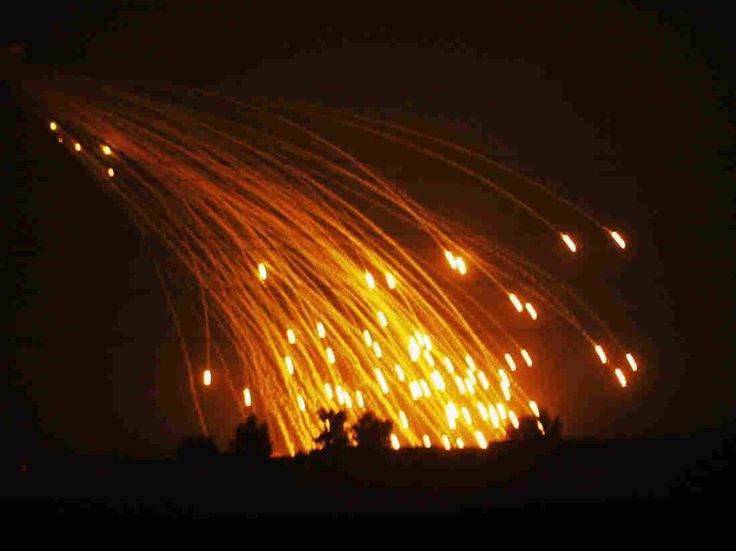Table of Contents
In a dramatic overnight operation, the Israeli military confirmed it launched airstrikes on dozens of strategic targets across Iran, marking one of the most significant escalations between the two countries in recent years. According to the Israel Defense Forces (IDF), more than 60 fighter jets were involved in the mission, which struck missile manufacturing plants, rocket engine facilities, and a major nuclear research center in Tehran.
Precision Strikes on Iranian Defense Infrastructure
The IDF stated that the strikes targeted long-standing military-industrial sites operated by Iran’s Ministry of Defense. Among the high-profile targets was the headquarters of Iran’s SPND program—an agency the U.S. government has linked to Iran’s pre-2004 nuclear weapons research efforts. The U.S. State Department previously sanctioned individuals associated with SPND, citing their potential involvement in the development of weapons of mass destruction.
“These facilities represent years of development and are a core part of Iran’s military production network,” the Israeli military said in a statement.
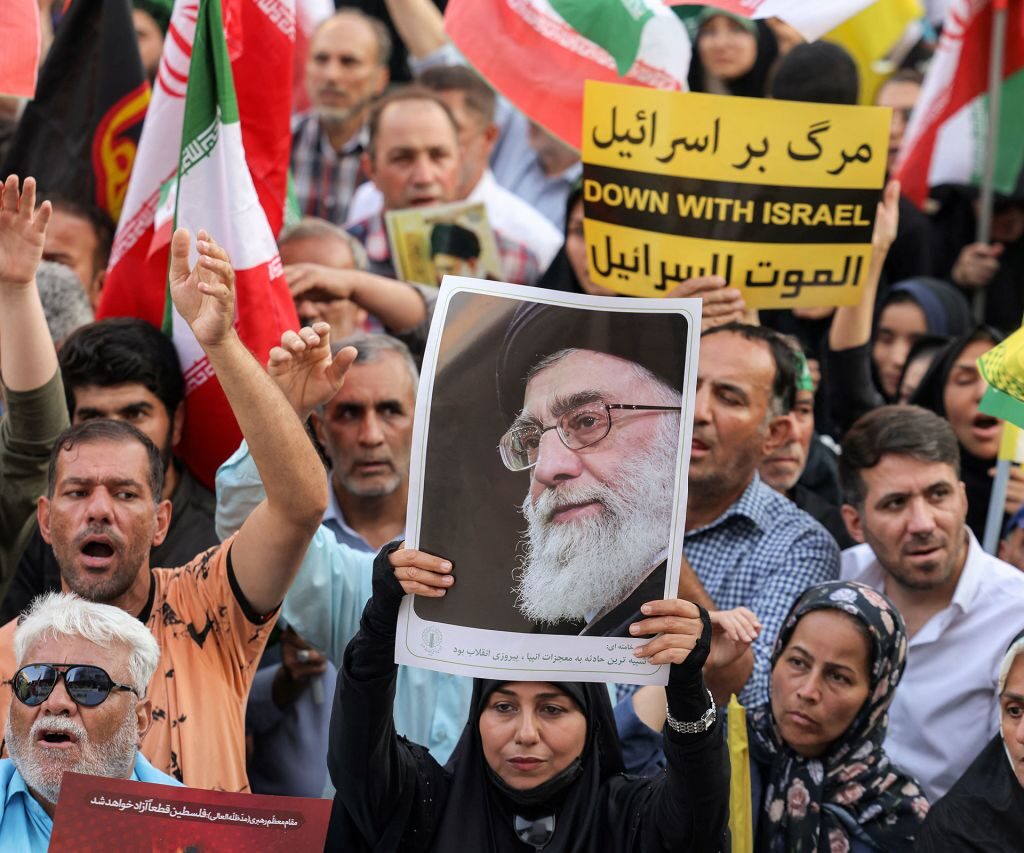
Iranian Retaliation Targets Israeli Technology Hub
Iran responded with missile strikes of its own, one of which landed near a high-tech park in the southern Israeli city of Beer Sheva, home to a Microsoft office. First responders from Magen David Adom (MDA) reported six minor injuries and extensive damage to several buildings and vehicles. Images from the scene show fires, black smoke plumes, and shattered infrastructure.
Dvir Ben Ze’ev, an MDA paramedic, described the situation as “chaotic,” noting that triage zones were established to assess injuries among tech park workers and residents.
Kremlin Warns Against Regime Change
Adding to the international tension, Russia issued a stern warning through Kremlin spokesperson Dmitry Peskov. Speaking to Sky News, Peskov condemned any suggestions of regime change in Iran or assassination attempts on Supreme Leader Ayatollah Ali Khamenei.
“Such actions would open Pandora’s box,” Peskov warned, asserting that Russia would strongly oppose any foreign-led efforts to destabilize Iran’s leadership. He emphasized the deepening strategic alliance between Russia and Iran, especially since the start of the Ukraine conflict.
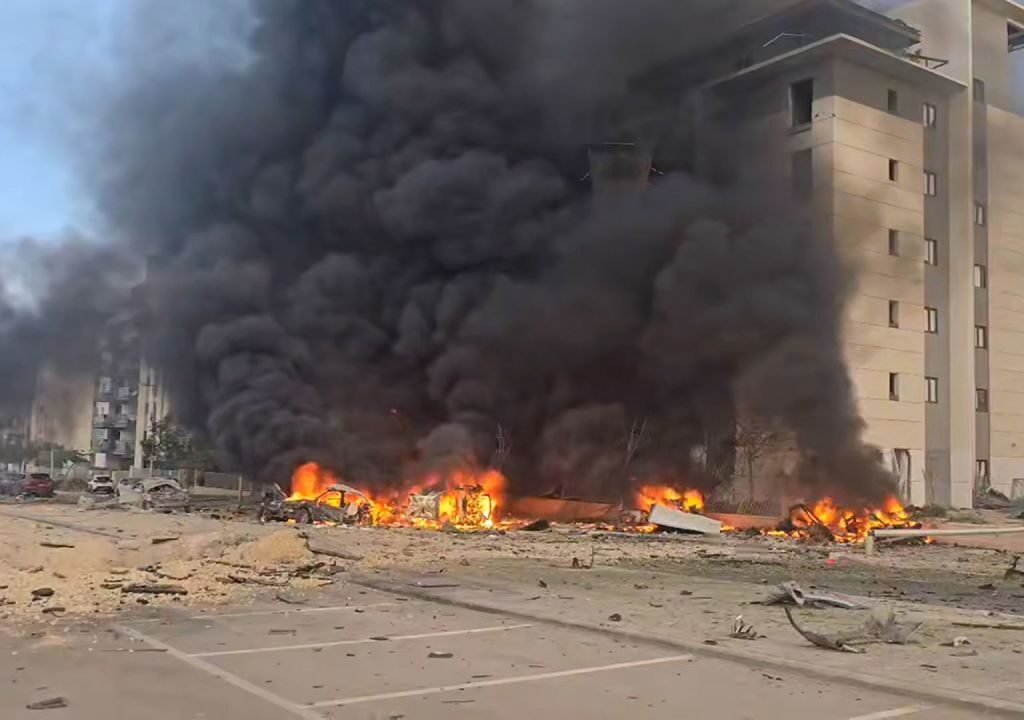
UN Nuclear Watchdog Calls for Caution
Meanwhile, Rafael Grossi, Director General of the International Atomic Energy Agency (IAEA), dismissed claims that recent nuclear findings justify military intervention. “The report shows elevated uranium enrichment, but there is no evidence of an active weapons program,” Grossi stated in an interview with CNN’s Anderson Cooper.
He stressed the importance of diplomacy, warning that while physical structures can be destroyed, technological knowledge and scientific expertise cannot be erased through force.
Nationwide Protests in Iran
In response to the Israeli airstrikes, Iran’s state media has called for nationwide marches of “wrath” and “divine victory.” The rallies, scheduled after Friday prayers, are intended to show unified resistance against Israeli aggression. These marches, often used by Iran’s leadership to project political power, are expected to draw massive crowds amid rising anti-Israel sentiment.
Defense Minister Israel Katz, however, escalated rhetoric even further by suggesting that Iran’s Supreme Leader “cannot continue to exist,” further igniting fears of a broader military conflict.
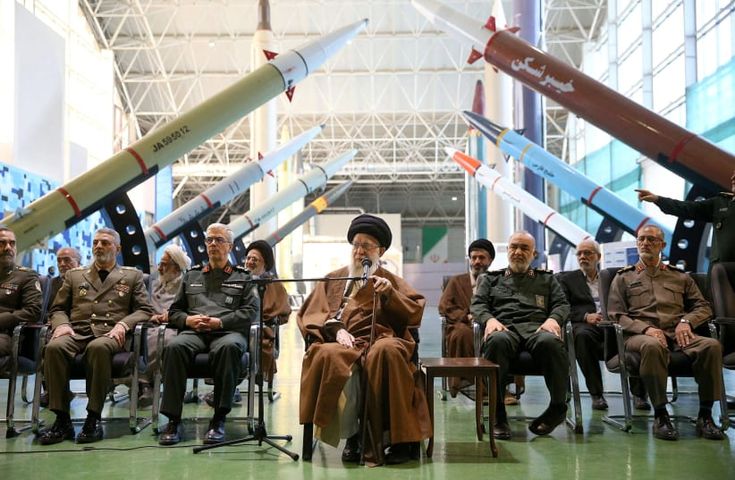
Regional and Global Implications
This exchange of strikes highlights the fragile state of Middle Eastern geopolitics. With both nations possessing significant military capabilities and nuclear-related ambitions, the potential for regional destabilization is high. The international community, particularly the United States and European allies, is under growing pressure to intervene diplomatically before tensions spiral into a full-scale war.
Author Profile
- Syed Tahir Abbas is a Master's student at Southwest University, Chongqing, specializing in international relations and sustainable development. His research focuses on U.S.-China diplomacy, global geopolitics, and the role of education in shaping international policies. Syed has contributed to academic discussions on political dynamics, economic growth, and sustainable energy, aiming to offer fresh insights into global affairs.
Latest entries
 GeopoliticsAugust 23, 2025Previewing the White House Visit of South Korean President Lee Jae Myung
GeopoliticsAugust 23, 2025Previewing the White House Visit of South Korean President Lee Jae Myung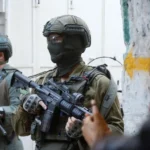 Middle East ConflictJuly 22, 2025Israel’s Deadly Attacks on Gaza: A Dire Humanitarian Crisis and International Calls for a Truce
Middle East ConflictJuly 22, 2025Israel’s Deadly Attacks on Gaza: A Dire Humanitarian Crisis and International Calls for a Truce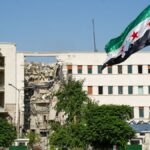 Middle East & North AfricaJuly 20, 2025Israel Targets Damascus Amid Rising Tensions in Syria
Middle East & North AfricaJuly 20, 2025Israel Targets Damascus Amid Rising Tensions in Syria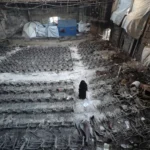 Middle East AffairsJuly 14, 2025An Open Letter from Gaza’s University Presidents: Resisting Scholasticide Through Education
Middle East AffairsJuly 14, 2025An Open Letter from Gaza’s University Presidents: Resisting Scholasticide Through Education

